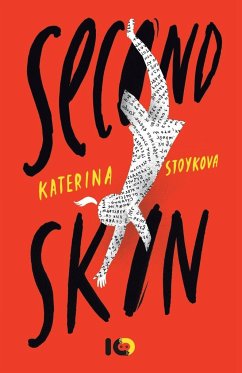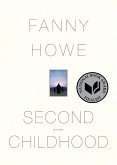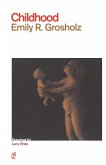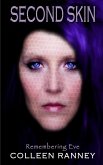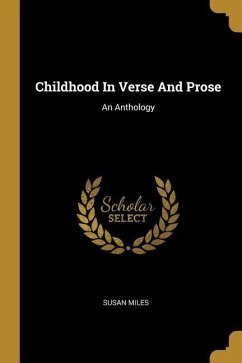Second Skin by Katerina Stoykova discusses the horrors of growing up in domestic violence, and focuses on some of the long-term effects of such upbringings. This poetry collection features three main characters-a mother, a father and a child. The story of the family is told from the child's perspective. Initially published in Bulgarian by ICU Publishing, Second Skin received wide acclaim and attention, including a 2018 Creative Europe grant by the European Commission for the book to be translated and published in English. Upon publication in Europe and launch in London, ICU Publishing and Accents Publishing partnered for the distribution of the book in the USA. "Second Skin by Katerina Stoykova is a brief, but more than sufficient book. It is more than sufficient to expose the issue of domestic violence, and along with one child's fear-the fear of every child forced to love an abusive parent. The second skin you wear to hide what happens at home; second skin that cannot contain you. A book about the guilt due to the inability to forgive, about hatred towards the one who has moved on and forgotten. A book about the children cowering in the corners of their own powerlessness, who thirty years later continue hearing the screams from the other room. Difficult, true, and exceptionally important." -Natalia Deleva "'Welcome, Horror'-the title of the first poem. Rarely do we see such uncompromising poetry collections. This one is uncompromising on three levels: first, it is radical in its social message as an incriminating document of violence against women, of domestic violence and any cruel mistreatment, a cry for awareness and urgent political change; second, it is uncompromising with the poetic power of language and vivid metaphors; and third, with the carefully thought-out, long-matured and conceptually-arranged body of the book, which boldly mixes forms of prose poetry, conventional poems, fragments." -Petja Heinrich

